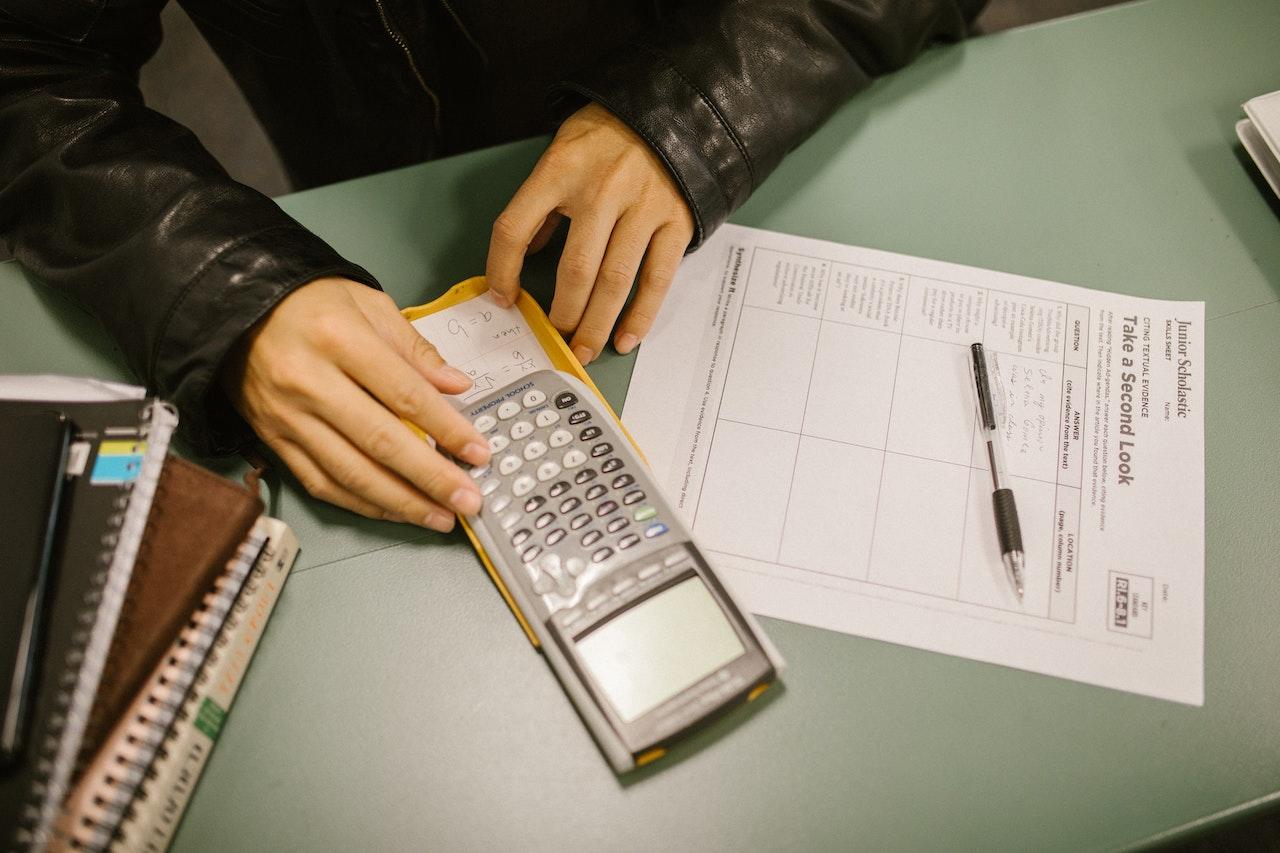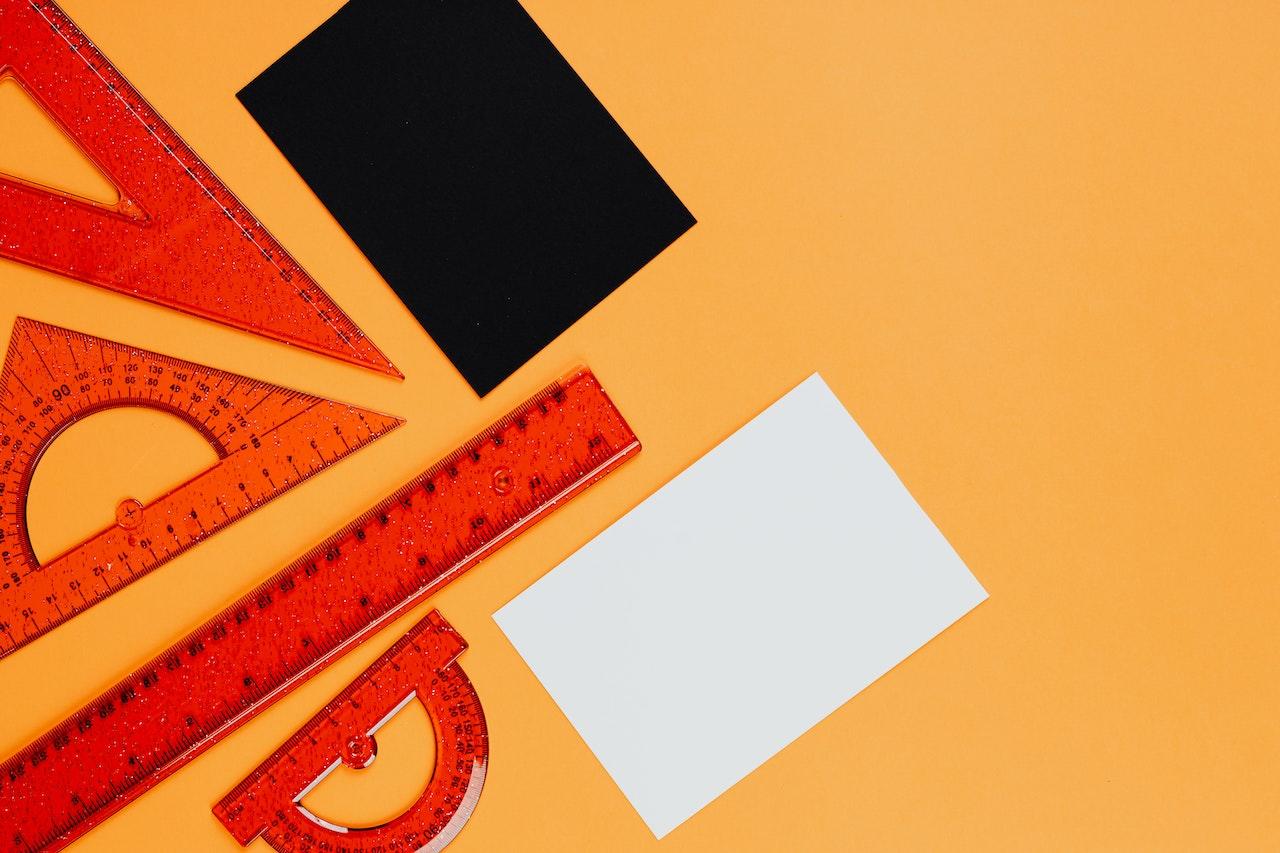The back-to-school shopping list is a long one, especially with the ever-growing number of subjects in the education program. This curriculum development has meant that now not only do you have to provide the basic school supply list for students, but you may need to obtain specific tools as well.
The school math curriculum alone requires a large number of back-to-school supplies. School shopping for a mathematics course alone can include a scientific calculator (depending on the grade level), textbooks, Post-it notes, paper clips, a binder, rulers, markers, highlighters, sharpeners, an eraser not to mention the basics like pens and pencils. This excludes any real modern conveniences and high-ticket items.
Despite how long the school supplies list happens to be. It is the parent's job to guide their children and provide them with all of the tools to create the opportunity to perform at their best. It is the child's job to take that opportunity and those tools and turn them into success. Student achievement provides opportunities for better privileges, university placements, higher-paid jobs and happier life overall. Knowing you have done your best and had the opportunity to demonstrate that it is a rewarding feeling that is hard to beat.
Lack of study/office supplies should not stand in the way of student learning, and it should not be the thing to disrupt the learning environment. If you aren’t able to purchase certain school supplies, see if it’s possible to find used items cheaper or borrow them if possible. Reach out to your child’s school if you need help!
For students, mathematics courses can be a challenge, times tables, counting, dividing, multiplying, calculus, fractions, algebra, addition and subtraction are just the tips of the iceberg when it comes to maths courses and student development.
Let’s look at the items you might need for secondary school maths classes.

What Is The Essential Maths Equipment Needed?
If you are heading back to school or sending your child back to school, it can be daunting to know what to buy for your child. The good thing is that if you ask your maths teacher, they will be able to give you either a maths worksheet with the lesson plans for the coming year so that you can research the equipment required, else they should provide an equipment list.
You don’t have to wait to ask for this list, as a core subject, the maths curriculum doesn’t change much. So teachers will be able to advise you on what will be useful for your entire high school or college attendance.
If you have missed the opportunity to speak to the educators at school or don’t have the time for that, however, then the below list will be very useful to get you started.

A Suitable Calculator
It may surprise you to find out that there are many types of calculators in the market. Each different kind of calculator is meant for a different job. The simple calculator in kindergarten may be the same as the one used in primary school, but it most certainly will change when you get to secondary school, college and university.
While you can do the more complex calculations on a basic calculator, it really serves you well to invest in a calculator that will meet your needs. The whole point of a calculator, after all, is to help you with mathematics.
- Simple Calculator - This is the Primary school level calculator which specialises in subtraction, addition, multiplication and division.
- Scientific Calculator – The scientific calculator can do everything that the simple calculator can do. It is also able to perform much more complex equations and calculations. You can perform calculations like Pre-Algebra, Algebra, Precalculus, Calculus, Geometry, Fractions, Equations, Algebra, Competency, Trigonometry, exponents and logarithms. This is a secondary school to university level calculator. This is the most useful calculator and the one that makes the best investment for a math student
- Graphing Calculator - The graphing calculator can do everything that the simple calculator (like Pre-Algebra and Precalculus) and the scientific calculator can do (like Geometry, Trigonometry and algebraic calculations). It also has the added function of being able to perform calculations of integral calculus and matrices. And when you type something in to be calculated you will see a graph of it in the graphing calculator screen. This is a calculator for college and university-level students. You can also play some games on it as an added bonus.

Geometric Measuring Tools
Geometry is a type of maths that works out the areas and diameters of 2-D shapes and figures as well as points, lines and angles.
The five important tools of geometry:
- Ruler - A ruler is a tool that we all know and love because despite its simplicity we can not live without it if we want to draw straight lines. It also is used to measure distances. One with 30 cm will be fine for any math class no matter what grade level the student is in.
- Compass - This a tool used to draw circles or arcs of circles. It is a metal tool set in a v shape that has a point on one tip and a hole to hold a pencil on the other.
- Protractor – Not too dissimilar to the ruler except this is set in a semi-circular shape with measurements of angles from 0 to 180 degrees. When you lay the protector on the angle that you want to measure you will be able to easily work out the degree of the angle.
- Set Square - This is another ruler-type tool, but it also allows you to quickly measure and draw 90, 60, and 30-degree angles.
- Divider - This tool is essentially a compass without a pencil. The two points allow you to compare distances easily.

Paper
Whether for maths or other classes, while you are studying, you are going to need some paper. In maths, you will use this for class notes, calculations and general study.
- Average Notebook Paper - Ensure you have a notebook suitable for, what else, note-taking!
- Scratch Paper - It’s your preference whether you’d like to write calculations and geometric shapes on lined notebook paper, or blank scratch paper.
- Graph Paper – This paper as it sounds is made up of lines that cross to create small squares. It is often used in maths as it makes it easier to write out equations, draw graphs, and design charts.
Carriers
Now that you have all of your maths kit, don’t forget to buy something to carry it in!
- Pencil Case – The pencil case allows you to carry everything you need and doesn’t take up too much space on your desk. A great way to organise your kit since you will have lots of different classes. Is to have a general pencil case with your basic stationery in it, then have class-specific pencil cases that have the tools for your specific courses.
- Backpack – A backpack is an essential tool for organising yourself for school. Buy one that has enough space for all of your books and other necessities. Buy a smaller bag for your gym kit if you have gym classes, as dirty trainers will tear and mess up homework and coursework in your main rucksack. Or worse, damage your computer.
- Ring Binder, Arch Board File, or Pocket Folders - However you like to organize your notes and other paper materials is up to you, but it can be very helpful to have your notes protected by a binder or folder for safekeeping.

Other Basic Stationery
- Pens – choose a smooth-writing pen that won’t bleed through your paper
- Pencils – this is very important as it is better to use pencils over pens in math. Choose a mechanical pencil so the tip always stays the same width!
- Eraser – you’ll likely be erasing a lot in maths class, especially in courses like trigonometry. Get a non-smudging eraser that doesn’t tear the page.
- Highlighters / coloured pencils – help to highlight your work and create easy-to-read sections. You can also use different coloured pens for this reason.
- Notebook, planner – Notebooks are essential for taking notes in class and for your own thoughts on the course and the work. Planners, however, are great for planning out your workload, homework, and your schedule.
Being a student is hard work, even the math equipment you have to invest in is a long list. However, the reality is that while the tools are useful, it is really you that ensures success to your student life. However, you approach this part of your life to remember that learning is a lifelong journey.
If you are looking for back-to-school kit ideas for young kids, check out the math supplies for kids blog!
Summarise with AI:















